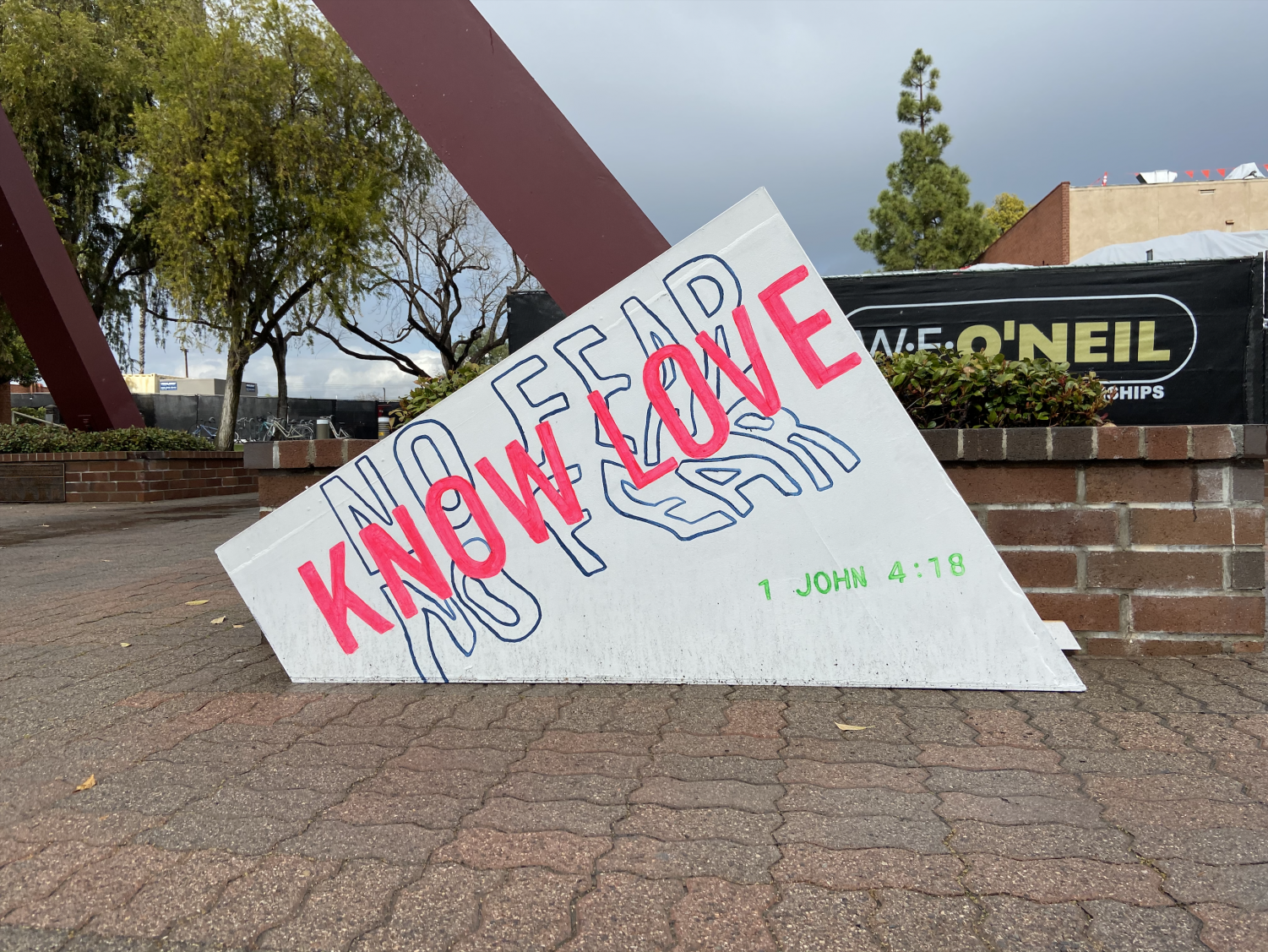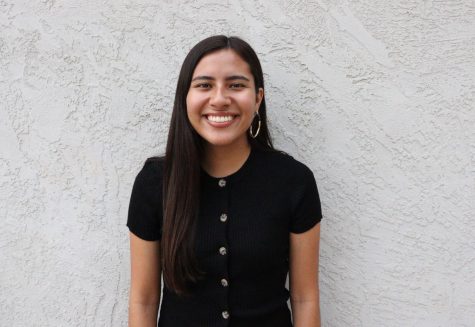The 24th annual Student Congress on Racial Reconciliation began this morning, Feb. 21, and will last until the evening of Feb. 22. This year’s theme is “Know Love, No Fear,” inspired by 1 John 4:18, “There is no fear in love, but perfect love casts out fear.” The theme is designed to encourage attendees to engage in the conversation of diversity and racial reconciliation for the kingdom of God.
SPEAKERS
This year’s workshops include worship sessions, leadership building and exploration of difficult conversations pertaining to gender and race. The keynote speaker is Adam Edgerly, the founder and current lead pastor of Newsong Los Angeles Covenant Church and a member of the Board of Trustees at Biola.
Over 1,000 people registered this year, including students from 19 different universities across the nation. Attendees arrived to partake in this two-day event that includes workshops designed to emerge, expand and engage in diversity.
“We have different and new workshops this year that are talking about people with disabilities and interracial marriage,” said SCORR Housing and Registration Coordinator Melanie Flores.
WORKSHOPS
Director of Online and Graduate Student Success Norlan Hernandez led a Spanish workshop and spoke about when the Latino identity and Christian faith meet. Hernandez hoped the workshop would affirm what it means to be Latino or Latina and to provide a voice that speaks to their heart language.
“You have different people from different institutions, different regions and different states that come and feed into the ethos that ultimately shows the hoped-for kingdom of God, which is a multicultural tribe and community,” Hernandez said.
Jolee Bullshoe, a sophomore criminal justice and political science major at Whitworth University in Washington expressed the value of attending a conference like SCORR.
“It’s important to recognize other people’s stories and where they come from, their practices, what they eat and their culture because that embodies Christ and who Christ made us to be,” Bullshoe said.








